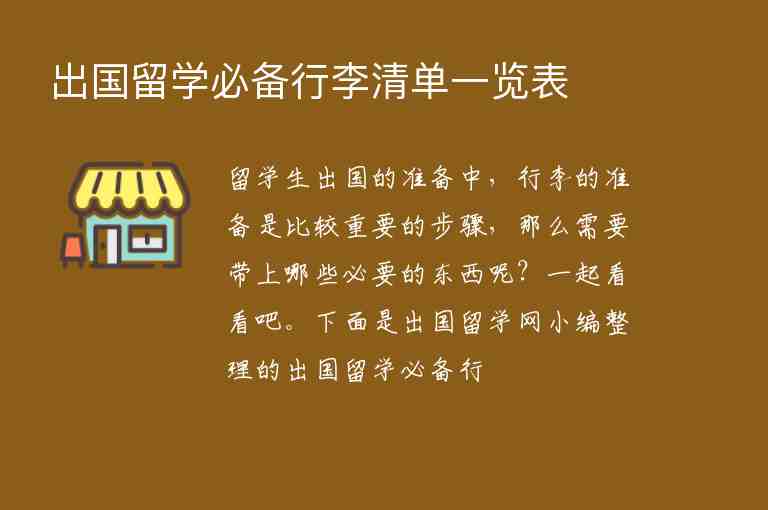bequeath是一个动词,意为“遗赠”、“传下”、“留给”。它的发音为/bɪˈkwiːð/,读作bi-kweedth,重音在第二个音节上。该词源于古英语的“be-”(给予)和“cweðan”(讲话),意为“向某人讲话”。
用法
bequeath通常用于文学作品中,表示将财产、权利或责任等传给后代或接班人。它可以搭配介词to或for使用,表示遗赠给某人或留给某人。,“She bequeathed her fortune to her children.”(她把财产遗赠给了她的孩子们。)此外,bequeath也可以用作及物动词,后面直接跟名词或代词作宾语。,“He bequeathed his house to his nephew.”(他把房子留给了他的侄子。)
例句
1. The old man decided to bequeath his land to the local orphanage.
(这位老人决定把他的土地遗赠给当地的孤儿院。)
2. In his will, he bequeathed all of his paintings to the museum.
(在他的遗嘱中,他把所有的画作都留给了博物馆。)
3. She bequeathed her love for cooking to her daughter.
(她把她对烹饪的爱传给了她的女儿。)
4. The king bequeathed his throne to his eldest son.
(国王把王位传给了他的长子。)
5. The famous writer bequeathed his literary legacy to future generations.
(这位著名作家把他的文学遗产传给了后人。)
同义词及用法
bequeath的同义词包括leave、pass on、hand down等,它们都表示将财产或权利等传给后代或接班人。,“The wealthy businessman left all of his money to his wife.”(这位富商把所有的钱留给了他的妻子。)“The family farm was passed on to the youngest son.”(这个家庭农场被传给了最小的儿子。)“The tradition of making handmade pottery has been handed down for generations.”(手工陶器制作的传统已经流传了几代人。)
编辑总结
bequeath是一个常用于文学作品中的动词,用来表示将财产、权利或责任等遗赠给后代或接班人。它可以搭配介词to或for使用,也可以直接跟名词或代词作宾语。其同义词包括leave、pass on、hand down等,都有类似的意思。使用时需要注意它与bequest这个名词的区别,bequest指的是遗赠的财产或权利。

